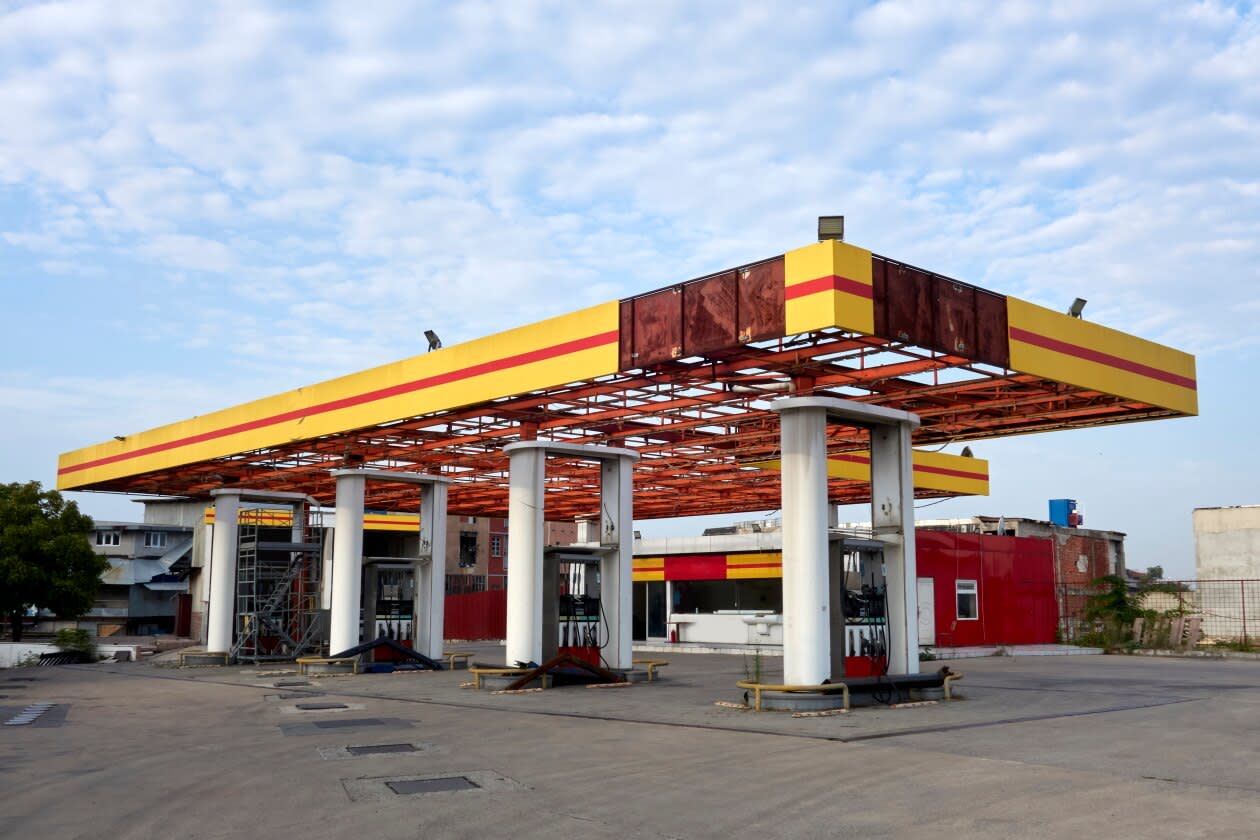Shell’s first quarter revenue fell from $87.0bn to $72.5bn, with declines in all divisions except upstream.
Consequently, underlying earnings fell by 19.8% to $7.7bn, but came in well ahead of expectations.
Free cash flow of $9.8bn was broadly flat reflecting improved cash conversion of operating profits. Net debt fell from $44.2bn to $40.5bn.
Shell increased the quarterly dividend by 20% to $0.34 and launched a further $3.5bn buyback, to be completed by 1 August.
Second quarter guidance suggests that production in the Integrated Gas and Upstream divisions will be down a little quarter on quarter as a result of scheduled maintenance.
The shares were up 1.3% following the announcement
Our view
Despite volatile commodity prices, Shell has managed to keep the cashflows pumping so far this year.
With oil production set to remain stable through to 2030, oil prices will remain an unpredictable but crucial element of the group’s fortunes. With geopolitical tensions remaining high and limited supply coming online in the near term, we think the outlook for this part of Shell's business remains positive.
However, Shell's not a one-trick pony. Its refineries and chemical manufactuiring plants have been performing well, helping to offset some of the declines in other areas of the business.
Over the long term, there are ongoing efforts to future-proof the business through renewables. Despite advancements in renewables, certain major shareholders are increasingly pressuring the company to strengthen its climate commitments. We're not immediately concerned about Shell’s ethical reputation taking a nosedive, but there's the potential for such concerns to escalate, which could limit the the group's valuation. We’ll closely monitor the outcome of this year’s AGM for any developments.
But like other parts of the business, renewables are largely at the mercy of prevailing energy prices, which lie outside of the group's control. Its earnings are still just a fraction of the group total for now.
In distribution Shell is particularly well placed to provide lower carbon options to motorists. Its global network of 47,000 service stations is the largest of all the oil majors. By 2030 its hoping to nearly quadruple the size of its Electric Vehicle charging estate, to around 200,000 connection points. It’s also a big player in Liquefied natural gas (LNG) and Biofuels, and is currently building one of the largest renewable hydrogen facilities in the Netherlands. These are technologies that can help provide alternative sources of energy for not just automobiles, but also heavy duty trucks, planes and ships.
Strong financials enable it to self-fund the significant organic investment required to replace oil reserves and expand and pursue renewable energy and low-carbon fuel initiatives. Shell invests over $20bn each year across its business, with $10bn-$15bn earmarked for low-carbon energy solutions between 2023 and 2025. However, with a big chunk of cash flows ringfenced for shareholder returns, there is pressure for cash generation to remain high.
The valuation's recovered over the last year but remains some way below the long-term average, suggesting that doubts remain over the longer-term viability of the business model. For now, energy prices and, with them, Shell's current ability to provide returns to shareholders are likely to be the main drivers of sentiment. In our view, that means there's likely to be a lot of ups and downs along the way.
Environmental, social and governance (ESG) risk
Environmental concerns are the primary driver of ESG risk for oil and gas producers, with carbon emissions and waste disposal being the main issues. Health and safety, community relations and ethical governance are also contributors to ESG risk.
According to Sustainalytics, Shell's management of material ESG issues is strong. This reflects a change in its business mix over recent years towards lower carbon fuels such as gas and L&G, and the exit from some of its more controversial assets. Despite Shell's numerous environmental and social targets, the company's impact on the environment and society remains relatively high. The decision to hold oil production steady till the end of the decade is likely to be met with some disappointment.
Controversies relating to environmental degradation, bribery and corruption, and community relations continue to play an important role in how Shell is perceived globally, as well as its financial disclosures around its renewables business.
Shell key facts
All ratios are sourced from Refinitiv, based on previous day’s closing values. Please remember yields are variable and not a reliable indicator of future income. Keep in mind key figures shouldn’t be looked at on their own – it’s important to understand the big picture.
This article is not advice or a recommendation to buy, sell or hold any investment.No view is given on the present or future value or price of any investment, and investors should form their own view on any proposed investment.This article has not been prepared in accordance with legal requirements designed to promote the independence of investment research and is considered a marketing communication.Non - independent research is not subject to FCA rules prohibiting dealing ahead of research, however HL has put controls in place(including dealing restrictions, physical and information barriers) to manage potential conflicts of interest presented by such dealing.Please see our full non - independent research disclosure for more information.


